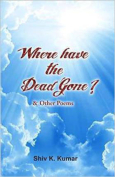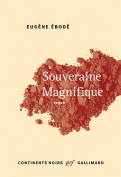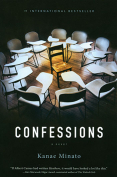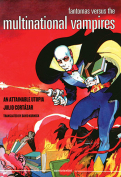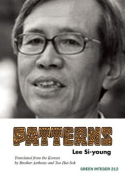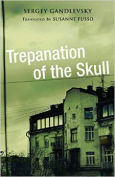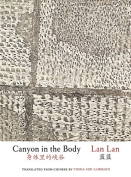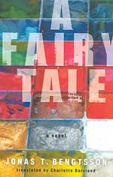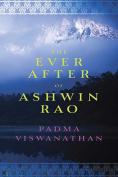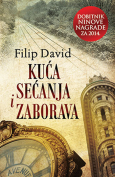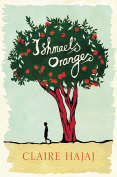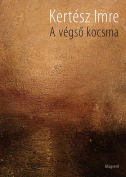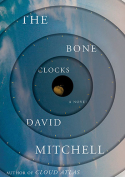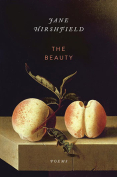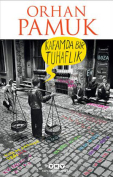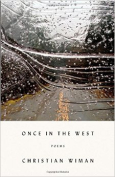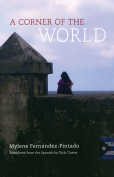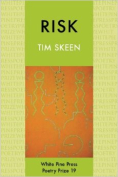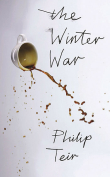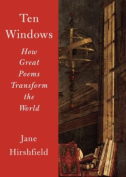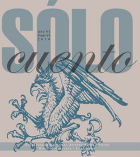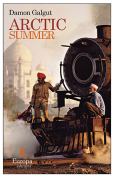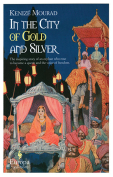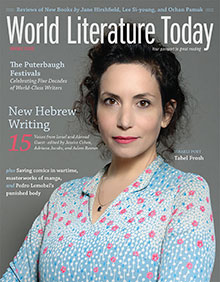Risk by Tim Skeen
Buffalo, New York. White Pine Press. 2014. ISBN 9781935210627
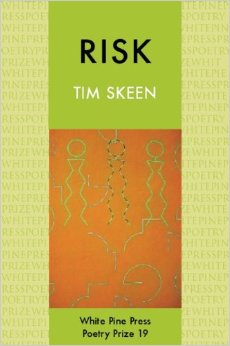 The poet who follows in the footsteps of the late Philip Levine, Tim Skeen, is the winner of the White Pine Press Poetry Prize for his second collection of poems (his first, Kentucky Swami, won the Ciardi Prize for Poetry). These fifty carefully crafted poems solidify Skeen’s place in American poetry. As a poet originally from Kentucky and Ohio, now living in California, Skeen writes about working-class Americans who suffer, those who care about the environment, and the less fortunate who are ultimately rewarded. Most of these poems are in free verse, some in uniform stanzas or in long, loose stanzas, except for a prose poem and eleven sonnets. This collection does not have sections, but it has several themes.
The poet who follows in the footsteps of the late Philip Levine, Tim Skeen, is the winner of the White Pine Press Poetry Prize for his second collection of poems (his first, Kentucky Swami, won the Ciardi Prize for Poetry). These fifty carefully crafted poems solidify Skeen’s place in American poetry. As a poet originally from Kentucky and Ohio, now living in California, Skeen writes about working-class Americans who suffer, those who care about the environment, and the less fortunate who are ultimately rewarded. Most of these poems are in free verse, some in uniform stanzas or in long, loose stanzas, except for a prose poem and eleven sonnets. This collection does not have sections, but it has several themes.
Skeen elegizes his younger brother, Ernie, shot at a young age. The guilt that we feel when someone dies before we do never ends. What could we have done? we ask; and if we had not done it then, could we do it now? The two boys played with Tonka trucks in one poem, and in another, seeing his brother’s solar calculator, he lists things his brother will not achieve. In another poem, Skeen cannot forget the sound of his brother’s trombone and that “after he got shot [Skeen] wanted to sell / his [brother’s] trombone or give it away or bury it with his body.”
We can see his family’s struggles: his thrifty mother cutting coupons, wanting to get a set of dishes after getting enough stamps from buying laundry detergent, “the promise of something for nothing”; his war-disabled grandfather watching Bonanza while remembering fighting the Kaiser in a U-boat; and his father buying an old “Zenith short wave radio” (even though it didn’t work) that his parents “couldn’t afford / when he was a kid.” Skeen pretends to hear his voice on the radio, but both father and son don’t fulfill their dreams. “Risk” portrays a boy playing war games who gets aroused by a girl washing her dad’s “new / 1972 Mustang” in a string bikini. Skeen’s nostalgic memory for the Cold War, the GI Bill, and Jimmy Carter can be seen in his prose poem “Peacetime,” when he was away from his family serving as an MP in West Germany.
He connects his daughter to his roots, his Scottish ancestry, telling her how “the first Skene saved / the life of King Malcolm from the pack of wolves.” This Skeen, however, cannot even water his yard with a sprinkler due to the drought in California. His family’s legacy continues through the preservation of the environment, and helping others, as in volunteering for the Red Cross after Hurricane Katrina. His images of working-class people with foreclosed houses, working in the coal mines, or giving money to the homeless are unforgettable. But the Skeen philosophy becomes the Buddhist mantra “hold on to nothing.” If you do you will soon lose it. Love is a risk, but then again, one can always turn to poetry as a refuge. That is his legacy.
Biljana D. Obradović
Xavier University of Louisiana
